
Hosting a litter clean-up event can have a significant positive impact on your community and the environment. Whether it's a neighborhood, park, or beach, organizing a clean-up requires careful planning and execution to ensure its success. Here are some best practices to consider when hosting a litter clean-up event:
- Set Clear Goals and Objectives: Define the purpose and scope of your clean-up event. Determine specific areas to target, the amount of litter you aim to collect, and any environmental goals you hope to achieve.
- Secure Permits and Permissions: Depending on the location and scale of your clean-up, you may need to obtain permits or permissions from local authorities or property owners. Ensure that you comply with any regulations and obtain necessary approvals well in advance.
- Recruit Volunteers: Reach out to community members, schools, businesses, and local organizations to recruit volunteers for your clean-up event. Use social media, flyers, and word-of-mouth to spread the word and generate interest.
- Provide Necessary Supplies: Equip volunteers with gloves, trash bags, litter pickers, and other necessary supplies to ensure their safety and effectiveness during the clean-up. Consider providing reusable water bottles and snacks to keep volunteers energized throughout the event.
- Ensure Safety Measures: Prioritize safety by providing clear instructions on how to safely handle and dispose of litter, especially hazardous materials. Assign team leaders or safety officers to oversee volunteers and address any safety concerns that may arise.
- Offer Training and Orientation: Before the clean-up begins, conduct a brief training or orientation session to educate volunteers about the importance of proper waste disposal, recycling practices, and safety protocols.
- Implement a Waste Management Plan: Have a designated area for collecting and sorting collected litter. Separate recyclable materials from non-recyclables and ensure proper disposal of hazardous waste according to local regulations.
- Document and Celebrate Success: Capture photos and videos throughout the clean-up event to document the impact of your efforts. Share success stories and highlights on social media and with local news outlets to celebrate the contributions of volunteers and inspire others to get involved.
- Follow-Up with Post-Clean-Up Activities: After the clean-up event, consider organizing follow-up activities such as environmental education workshops, recycling drives, or sustainability initiatives to maintain momentum and continue engaging the community.
- Express Gratitude and Appreciation: Thank volunteers, sponsors, and partners for their participation and support. Expressing gratitude helps build goodwill and encourages continued involvement in future clean-up events.
By following these best practices, you can ensure that your litter clean-up event is well-planned, safe, and impactful. Together, let's work towards creating cleaner, healthier, and more sustainable communities for generations to come.






















































.png)

%20(25).png)
%20(24).png)
%20(22).png)
%20(21).png)
%20(20).png)
%20(19).png)









%20(12).png)










.png)





.png)
.png)

.png)

.png)


.png)

.png)





.png)
.png)





.png)



.png)











.png)









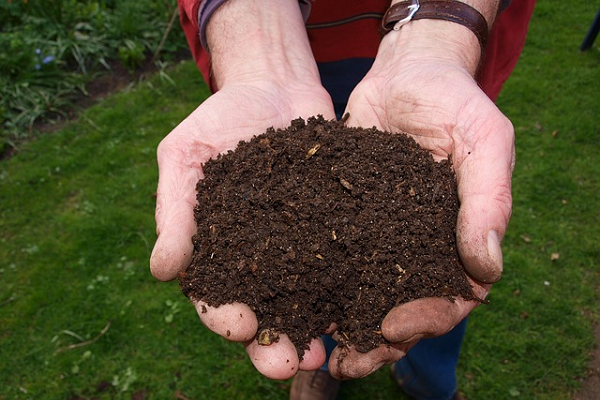
.png)

.png)






.jpeg)



.png)




.png)







%20resize.jpeg)



%20small.png)

.png)
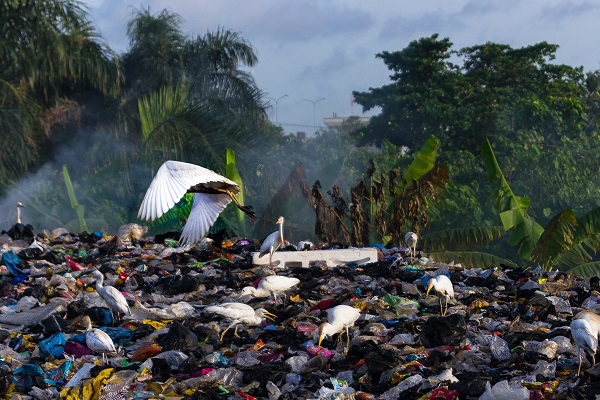
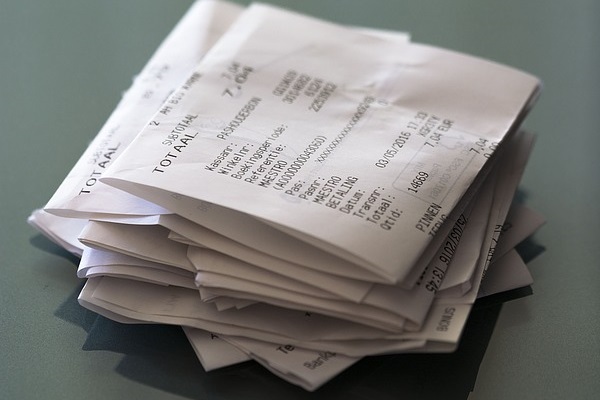



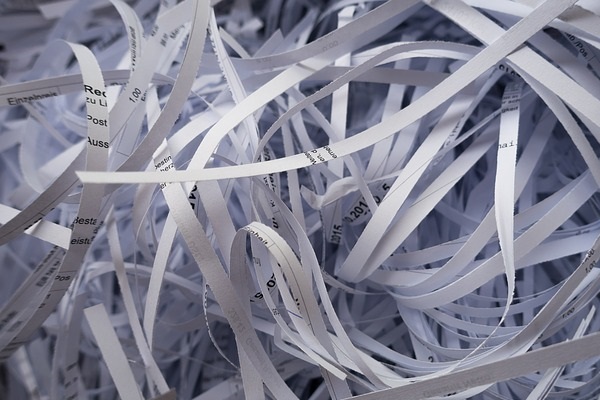

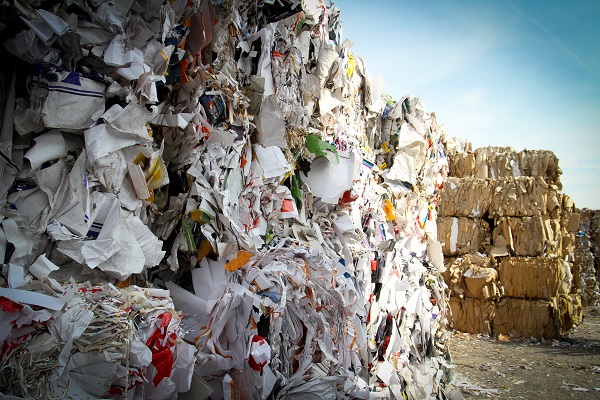

.png)

.png)

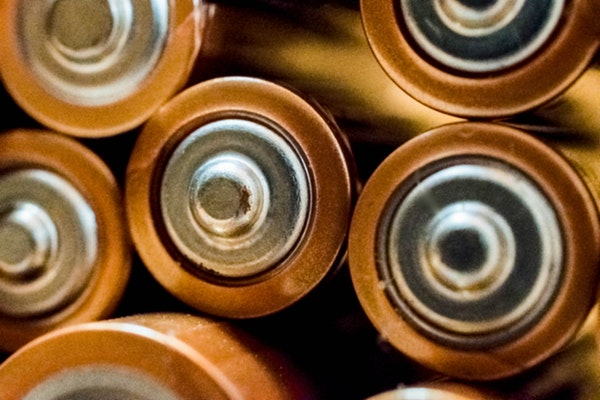


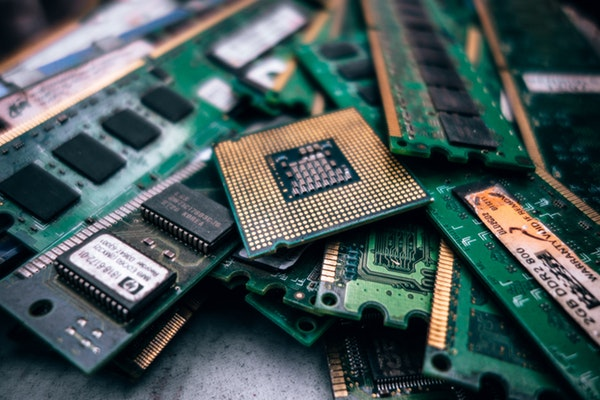
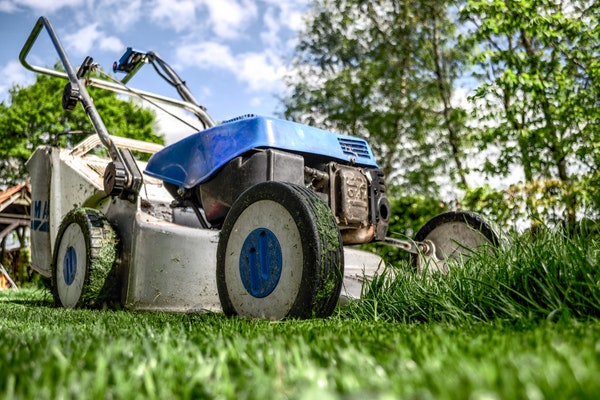




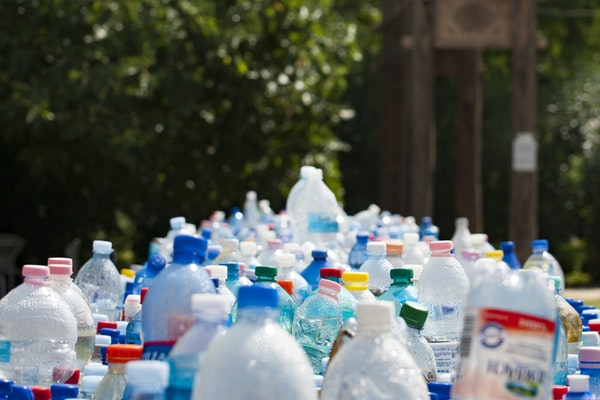
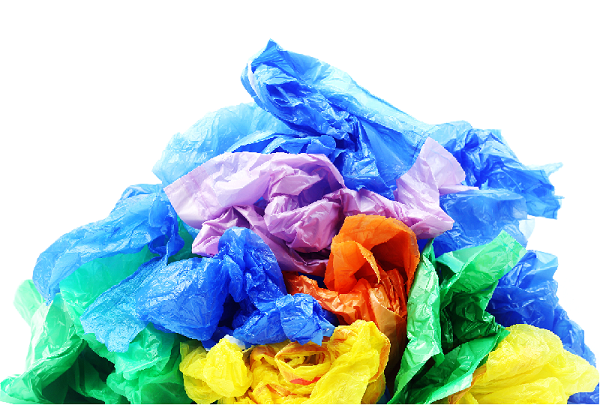



.jpg)
.jpg)
.jpg)
